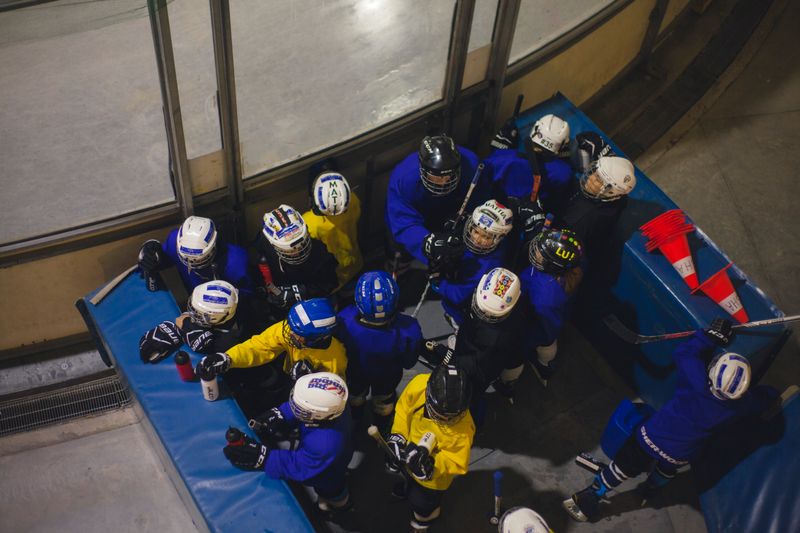On Monday night, during a game between the New York Yankees and the Toronto Blue Jays, Yankees outfielder Aaron Judge hit a 462-foot home run. However, Toronto’s broadcasters noticed that just before hitting the home run, Judge glanced at his own dugout, leading to speculation that he may have been looking for some kind of signal.
Judge later denied any wrongdoing and explained that he was distracted by his teammates’ yelling at the plate umpire Clint Vondrak when he peeked into his own dugout. New York led 6-0 at the time, and three pitches earlier, Vondrak ejected New York manager Aaron Boone for arguing a low strike call to Judge. Boone came out of the dugout to vent at Vondrak and the crew chief James Hoye.
“I feel like after the manager does his thing, it’s like, ‘Fellas, our pitcher has still got to go out there and make some pitches. We’ve got the lead, let’s just go to work here,’” said Judge. “I said a couple of things to some guys in the dugout and especially after the game. Hopefully it won’t happen again.”
While relaying information is not forbidden in baseball, using technology to steal signals is against the rules. The Houston Astros were punished for their signal-stealing scheme in 2020.
“It does break the rules if technology is used to steal signals: the Houston Astros were punished for such a scheme in 2020,” reads a report.
John Schneider, Blue Jays manager, said, “Kind of odd that a hitter would be looking in that direction. He’s obviously looking in that direction for a reason. [We’ll] dive into it a little more tonight and tomorrow and make sure we’re doing everything we can to not make ourselves susceptible to tendencies.”
From this incident, the question arises, should baseball ban signal-stealing completely, or is there room for it as long as athletes do not use technology? On one hand, since signals change with every game, batter and pitcher combination, decoding them gives an unfair advantage to the opposition. But on the other hand, some people view this as an exciting part of the game and a way for teams to gain the edge over each other—the key replace being teams, not using any non-sports method to gain an advantage.
It is time for the baseball community to have a deeper conversation about signal-decoding whether there is any place for in-game strategy that may take advantage of signal-decoding. Ethical considerations, moral dilemmas, and sportsmanship should be duly considered, and with the use of technology, the line between permissible practices and cheating can become blurry.
The use of technology in stealing signs will likely remain a controversial topic in baseball, but for now, teamwork will continue to shape the play. Winning is the ultimate objective in any sport, but without the ethical integrity of the game, it quickly loses its value and its essence. It is the duty of all to ensure the sanctity of the sport.
In conclusion, Aaron Judge is one of the most talented baseball players on the planet, and while the home run he hit shouldn’t be taken away from him, the incident should open a dialogue about signal-stealing in baseball and other similar sports.

<< photo by Pixabay >>
You might want to read !
- Megan Fox Opens Up About Living With Body Dysmorphia and Relationship Struggles
- “Marchessault’s Hat-Trick Lifts Golden Knights over Oilers in Dominant Victory”
- “The Durham Report: What Does It Reveal About the Trump-Russia Investigation?”
- The Deceptive Video of Lukashenko Raises Questions about Democracy in Belarus
- Attack on Congressional Staffers Prompts Investigation by Police
- Democratic congressman’s staff attacked by man with baseball bat: A disturbing trend of political violence
- Exploring Britney Spears’ Turbulent Life Post-Conservatorship in Latest Documentary
- “Why Matt Ryan’s Move to CBS Could Change the NFL Broadcasting Game”
- “Shuffling celebrity judges: Will Reba McEntire bring a new tune to ‘The Voice’ in season 24?”




